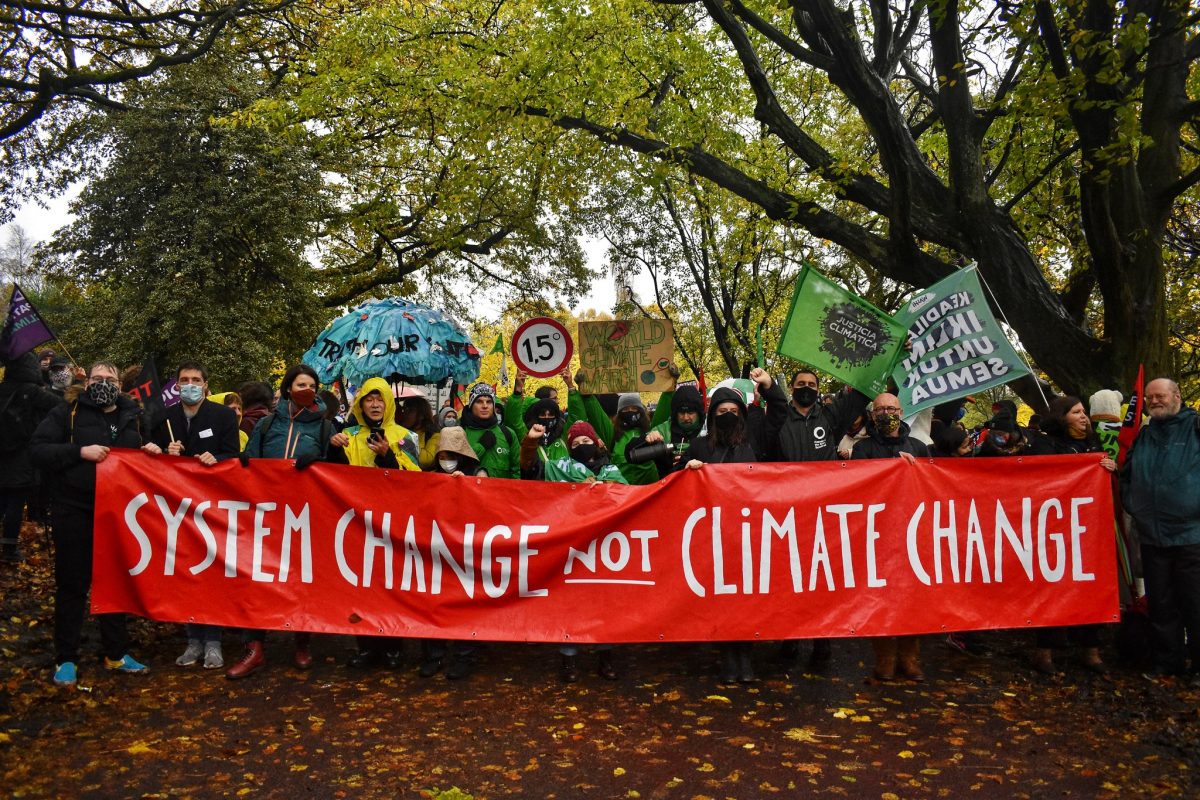
Tax breaks for fracking despite risks to health and environment
Responding to the Chancellor’s autumn statement, Friends of the Earth Scotland campaigner Mary Church said:
“In announcing tax breaks and a new body to maximise economic production from unconventional gas, the Chancellor has demonstrated how little regard he has for the concerns of communities around the country and for the environment.
“There is increasing evidence from the USA and Australia where the industry is more developed that there are inherent and unacceptably high environmental and health risks associated with onshore unconventional gas extraction.
“Communities in areas under license will be alarmed to learn that the Chancellor’s tax break plans are in spite of the fact that no comprehensive assessment of the health, climate and other environmental impacts of unconventional gas extraction has been undertaken in the UK.
“Going headlong on this new dash for gas will seriously compromise the development of clean, renewable energy and set the world on a path for runaway climate change. Independent research has demonstrated that Scotland can safely phase out conventional thermal generation by 2020 and meet our electricity needs from renewable sources. Tax breaks simply are not needed and contradict the aims of our climate legislation.
“We are calling on the Scottish and UK Governments to call an immediate halt to onshore unconventional gas exploration and development.”
ENDS
For media enquiries, please contact:
Per Fischer, Press Office, Friends of the Earth Scotland
t: 0131 243 2719
Notes to Editors
1. Chancellor’s statement is at www.hm-treasury.gov.uk/as2012_index.htm. The UK Governments new Gas Strategy is at www.decc.gov.uk/en/content/cms/meeting_energy/oil_gas/gasgenstrat/gasgenstrat.aspx
2. The key environmental issues associated with unconventional gas extraction are: contamination of the water environment with chemicals used in drilling fluid, fracking fluid and naturally occurring carcinogenic BTEX chemicals mobilised by drilling fugitive emissions of methane gas and air pollution from the chemicals described above disposal of vast quantities of contaminated waste water and toxic drilling mud fracking is also known to trigger small earthquakes which can exacerbate the risk of wells leaking both into atmosphere and water environment The sheer number of wells required for each coalbed methane or shale gas development – up to a hundred are planned at one site in Scotland – means that the cumulative impact of a development is significant, – and the risk of something going wr, such as a well blowout,ong significantly multiplied.
3. A recent study found almost half the wells in one Australian coalbed methane field to be leaking: Queensland Government Investigation Report 2010, Leakage testing of coal seam gas wells in the Tara ‘rural residential estates’ vicinity http://mines.industry.qld.gov.au/assets/petroleum-pdf/tara_leaking_well_… The USA Environmental Protection Agency has linked gas drilling to contamination of drinking water in Pavillion, Wyoming: http://www.epa.gov/region8/superfund/wy/pavillion/df
4. Westminster’s Department for Energy and Climate Change is responsible for licensing onshore oil and gas in Scotland, but planning and environmental regulation issues are dealt with by the Scottish planning planning authorities and SEPA.
5. Six areas in Scotland are currently under license, with the most developed projects operated by Dart Energy at Letham Moss (PEDL 133, in the Falkirk and Stirling area) and Canonbie (PEDL 159, in Dumfries and Galloway, near the border). The project at Letham Moss is the most advanced onshore unconventional gas project in the UK, with Dart Energy currently working towards early commercialisation. A strong local campaign is resisting the development.
6. Independent research commissioned by Friends of the Earth Scotland demonstrates that Scotland could phase out all fossil fuel and nuclear power by 2030, maintain a secure electricity supply and generate significant revenue from renewable exports: http://www.foe-scotland.org.uk/power-secured
7. Friends of the Earth Scotland is: * Scotland’s leading environmental campaigning organisation * An independent Scottish charity with a network of thousands of supporters and active local groups across Scotland * Part of the largest grassroots environmental network in the world, uniting over 2 million supporters, 77 national member groups, and some 5,000 local activist groups – covering every continent. www.foe-scotland.org.uk
